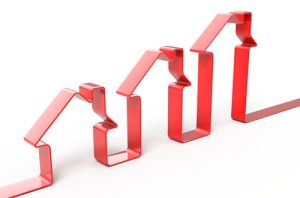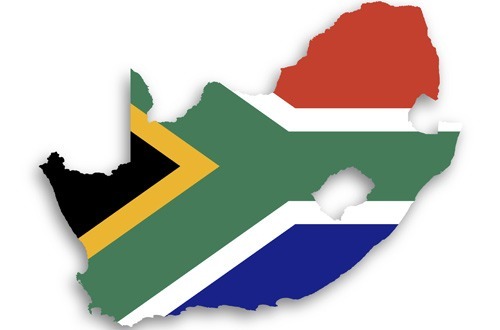 The Northern Cape’s average residential rental prices grew the fastest compared to other provinces between 2010 and 2016, from an average R3,803 in 2010 to R7,119 in 2017.
The Northern Cape’s average residential rental prices grew the fastest compared to other provinces between 2010 and 2016, from an average R3,803 in 2010 to R7,119 in 2017.
These findings are featured in the 2018 South Africa survey published by the South African Institute of Race Relations (IRR).
“In 2010, the average monthly residential rate in the province was R3,803. That rose to R7,119 in 2017, or by 87%,” said the IRR in a statement.
According to the institute, the Northern Cape had the third cheapest rental rates in 2010. By 2017, rental rates had grown to the extent that the province had become the second most expensive after the Western Cape.
“Rental rates in the province were above the national average of R6,377 in 2017. Gauteng, with a 40% share of renting households, had the third highest rental rates in the country,” added the IRR.
The Northern Cape and the Western Cape were the only two provinces with average monthly rental rates in excess of R7,000.
IRR analyst Kerwin Lebone said the Northern Cape’s leap in rental prices was phenomenal since the proportion of households in the province that rent accommodation is the lowest in the country, at 1.4%.
Lebone further said that the Western Cape’s comparatively high residential rentals can be explained by the province’s relatively successful economic performance and, as a result, its high rate of in-migration, adding that the province has earned a global reputation as a premium tourist destination that attracts wealthy clientele.
“Data on the Northern Cape, from population growth and in-migration to housing demand indicators, suggests that the pace at which rental rates are growing is unlikely to be driven by the usual factors affecting rental prices in the country”, Lebone said.
“The most plausible explanation could be the construction of the Square Kilometre Array (SKA) in the province, a collaborative international project that began in 2014 and is due to run until 2030. Experts from 10 member countries and over 100 organisations are engaged in the project.
“This may have enabled residents to increase rental prices to above-market rates for international tenants. This underscores the importance of external capital injection into local, depressed economies.” (via African News Agency)






